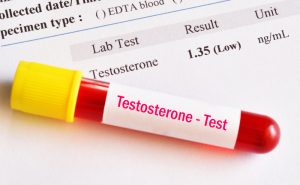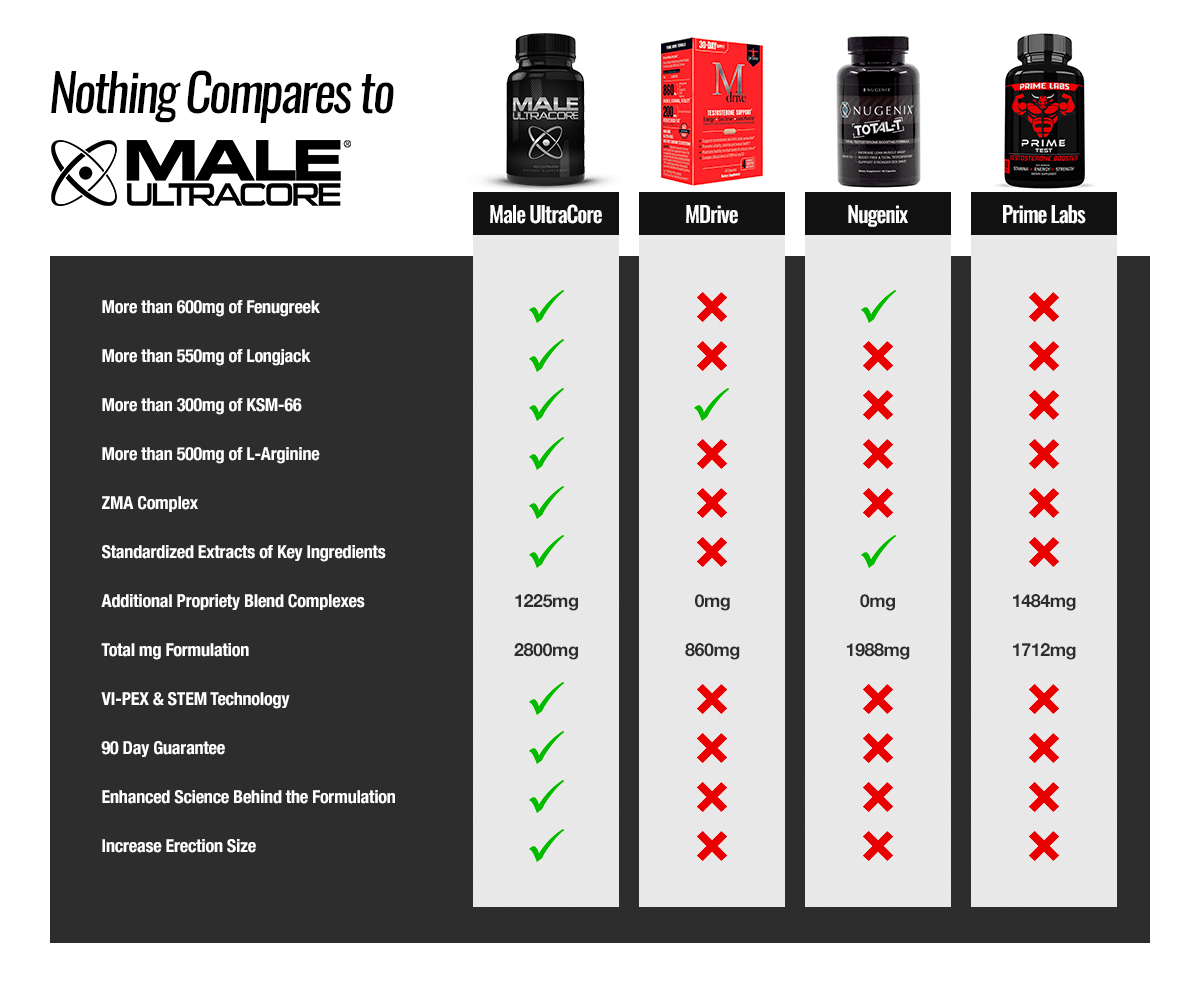Produced primarily in the testicles, testosterone is a type of hormone that plays many important roles in the male body. It is the primary sex hormone that drives the different processes involved in the growth and development of the male reproductive parts and masculine traits and characteristics.
What are the functions of testosterone?
For your body to carry out many of its important functions, enough testosterone should be produced in your testicles. With good testosterone levels, you can:
Enjoy high libido
Your libido or sexual desire is greatly dependent on how much testosterone there is in your body. If your testosterone levels fall within the normal range, your sex drive or desire for sex should not be an issue.
Produce enough sperm
Testosterone facilitates the production of lots of sperm that are of good quality and high motility, giving you and your partner higher odds of achieving pregnancy.

Grow and develop strong bones and muscles
In order for your bones and muscles to gain mass and density, there should be sufficient testosterone in your body. If your testosterone levels are low, you are in danger of bone and muscle loss and have an increased risk of injuries and disorders.
Produce new red blood cells
Testosterone helps in the production of new red blood cells that are key to a healthy heart and good blood circulation and flow.
Grow body hair
The growth of body hair, such as facial hair and pubic hair, is made possible by testosterone. If there is a shortage of testosterone in your body, you may suffer from hair loss.
Grow taller
During puberty, boys can grow taller with the help of testosterone. Those with not enough testosterone in their bodies may experience slower growth than their peers.
Have a deeper voice
Another common change that boys undergo during puberty is the deepening of the voice, which testosterone can help make happen.
How much testosterone should you have?
Men produce large amounts of testosterone throughout their lifetime. Their testosterone levels usually peak in the late teens or early 20s, and then gradually decline after the age of 30.
Measured in nanograms per deciliter or ng/dL, the following are the average testosterone levels in men according to age:
From 25 years to 34 years
- Total testosterone – 617 ng/dL
- Free testosterone – 12.3 ng/dL
From 35 years to 44 years
- Total testosterone – 668 ng/dL
- Free testosterone – 10.3 ng/dL
From 45 years to 54 years
- Total testosterone – 606 ng/dL
- Free testosterone – 9.1 ng/dL
From 55 years to 64 years
- Total testosterone – 562 ng/dL
- Free testosterone – 8.3 ng/dL
From 65 years to 74 years
- Total testosterone – 524 ng/dL
- Free testosterone – 6.9 ng/dL
From 75 years to 84 years
- Total testosterone – 471 ng/dL
- Free testosterone – 6.0 ng/dL
From 85 years to 100 years
- Total testosterone – 376 ng/dL
- Free testosterone – 5.4 ng/dL
How do you know your testosterone levels?
If you want to know how much testosterone there is in your body, you should undergo a test known as testosterone level test. You can ask your doctor or visit a clinic near you to get it.

Testosterone level tests are pretty straightforward and simple. They can be done in a matter of minutes. Once at the clinic, a health worker will draw a sample of your blood from your arm into a small tube, and then submit the specimen to the laboratory for analysis. That’s basically it.
Usually, testosterone level tests are done in the morning, from around 7 am to 10 am, as that is when the body’s hormone levels are at their highest, so make sure to schedule your test during those hours.
What should you do if you have low testosterone?
If your testosterone level test reveals that you have low testosterone, you have to talk to your doctor right away. There are many negative side effects that can arise from having low testosterone, and if they are not addressed at the earliest opportunity, they can lower your quality of life.
Men who have low testosterone are often prescribed by their doctors to do testosterone therapy. Depending on how severe your condition is, the treatment may last a few weeks to several months.
These days, there are several testosterone therapy options available. Some examples are:
- Injections – These are injected straight into the arm to introduce testosterone to the bloodstream.
- Skin patches and gels – These are administered by applying them onto the skin to allow testosterone to be absorbed into the body.
- Pills – These are oral medications that contain testosterone.
For better results, men with low testosterone are also advised by their doctors to start making healthy lifestyle choices. The following are highly recommended healthy habits that you should do to help fix your low testosterone problem:
Regular exercise
If you exercise even for just half an hour, two to three times a week, you can help boost your body’s ability to produce testosterone.
Healthy diet
If you introduce foods that are loaded with vitamins and minerals to your diet, you can supply your body the essential nutrients it needs to improve your testosterone levels.
Sleep well
Getting enough sleep is crucial to your testosterone levels, so it is important that you get around 7 to 9 hours of sleep every night.
Quit smoking
Cigarettes and tobacco contain substances that are harmful to the body and can impede your testosterone production, so you have to quit this habit as soon as possible.
Limit alcohol intake
Alcohol can be very bad for your health if taken excessively. It can damage your kidneys, liver, heart, and other vital organs, and negatively impact your testosterone levels, sperm count, erections, and other sexual functions. Therefore, you have to learn to control your drinking, and limit yourself to up to two drinks a day.
Medical checkup
You should remember to go to the doctor regularly to keep your health in check.
Increase Your Testosterone Levels with Testosterone Boosters
Male UltraCore is a premium testosterone boosting supplement that is designed to maximize test levels, increase your performance and drive, and give you harder and fuller erections. 





